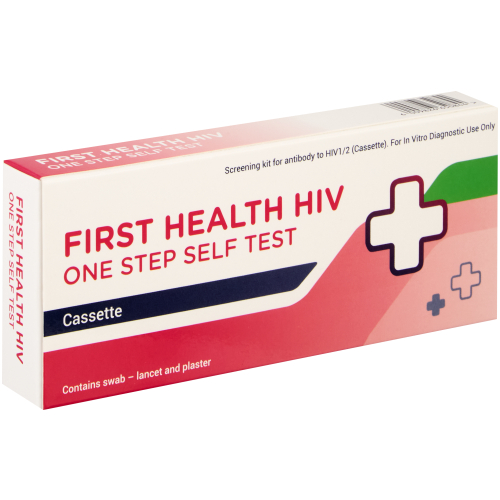South Africa
World Aids Day celebration of equal rights and equal care─── ZENANDE MPAME 07:00 Sun, 01 Dec 2024

World Aids Day is an event that honours those who have lost their lives to the Aids pandemic and raises awareness of the spread of the virus.
In South Africa, the 37th annual World Aids Day will be celebrated under the theme “equal rights, equal care” at the Sisa Dukashe stadium in Mdantsane on Sunday (1/12).
The Department of Health developed a program called Dablapmeds to give stable people alternate access to chronic medications, said National Health Insurance contracting head for Dablapmeds Maggie Munsamy.
“To improve health outcomes, the program encourages treatment adherence. Because Dablapmeds are a component of public health care and offer a high-quality service, using them doesn’t cost individuals anything.
‘People between 13 and 64 years should test regularly’
“We urge everyone to get tested for HIV and urge their friends and family to do the same, even though the program helps remove many barriers to treatment.”
Every person between 13 and 64 years should have an HIV test at least once as part of their regular medical care, according to the American Centers for Disease Control.
When a person has had multiple sexual partners or is having sex with someone whose sexual background they are unaware of, they should get tested more frequently.

This test kit is for quick HIV antibody screening. It includes a swab, lancet, plaster, and cassette, delivering results in 15 minutes. Photo: Clicks
There are six types of HIV tests:
- Rapid self-test: These tests detect HIV antibodies in a few minutes and can be done at the clinic.
- HIV self-testing: This test is recommended for people above the age of 18 and can be done in the comfort of one's home.
- PCR antigen detection: This test can detect small amounts of HIV in the blood soon after infection.
- Nucleic acid tests: This one is performed in a lab on blood from a vein and can detect the virus ten to 33 days after exposure.
- P24 antigen detection: This test detects the virus within a few weeks after infection.
- Antigen or antibody tests: This test is performed in a lab on blood from a vein or a finger and can detect the virus from 18 to 45 days after exposure.
OFM News previously reported the Human Sciences Research Council had released the key findings of the sixth South African HIV Prevalence, Incidence, and Behaviour Survey in September and this revealed that the Northern Cape had the second-lowest HIV prevalence and the Free State had the third-highest HIV.
OFM News mvh














